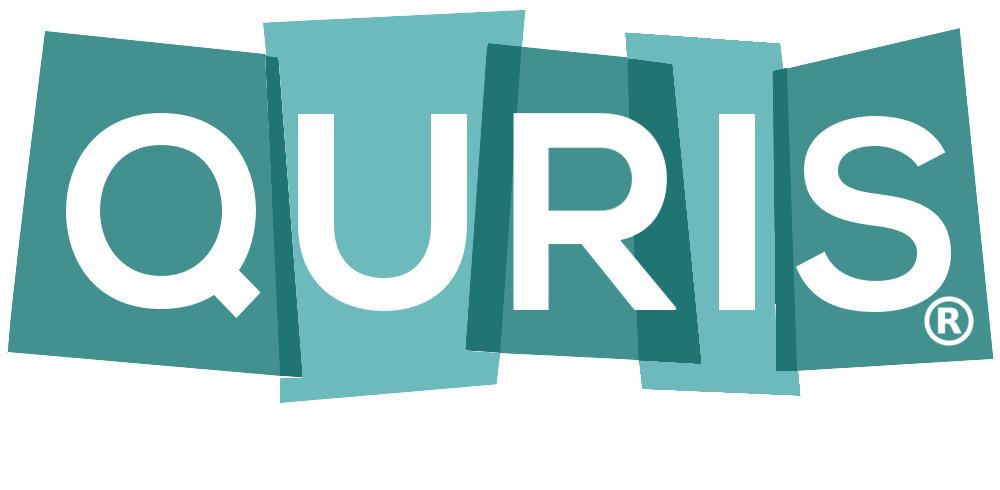Traumatic Brain Injury - ICU Management
exp date isn't null, but text field is
Mild TBI (GCS 13-15) with positive CT findings, WITHOUT anticoagulation/antithrombotic therapy, or coagulopathy
- Non-contrast CT head on admit
- Q1H Neurological exams
- No routine repeat CT head
* Stat non-contrast CT head and notify Neurosurgery immediately if change in neurological exam.
Mild TBI (GCS 13-15) with positive CT findings, WITH anticoagulation/antithrombotic therapy, or coagulopathy
- Non-contrast CT head on admit
- Q1H neurological exams
- Repeat non-contrast CT head at 24 hours, or earlier if recommended by Neurosurgery in cases at high risk of bleed expansion
* Stat non-contrast CT head and notify Neurosurgery immediately if change in neurological exam.
Moderate/Severe TBI (GCS <13) with positive CT findings, WITH or WITHOUT anticoagulation/antithrombotic therapy or coagulopathy
- Non-contrast CT head on admit
- Q1H neurological exams
- Repeat non-contrast CT head at 6 hours or earlier if recommended by Neurosurgery in cases at high risk of bleed expansion
- Order additional repeat CT head per Neurosurgery recommendations
* Stat non-contrast CT head and notify Neurosurgery immediately if change in neurological exam.
NOTE: Repeat head CT scan is NOT routinely required following initiation of VTE prophylaxis for the sole purpose of repeat evaluation
MINIMUM REQUIRED NEUROLOGICAL EXAMINATION:
- GCS (motor, verbal, eye and total)
- Pupils
- Motor
- Document limitations of motor exam, for example, extremity fractures.
- Attempt to obtain motor response distal to injury
- Any other nuances should be specified by the neurosurgery team (i.e. other, potentially subtle, neurologic findings/changes that would be considered particularly concerning in the patient, which should be monitored for and documented, and why.)

